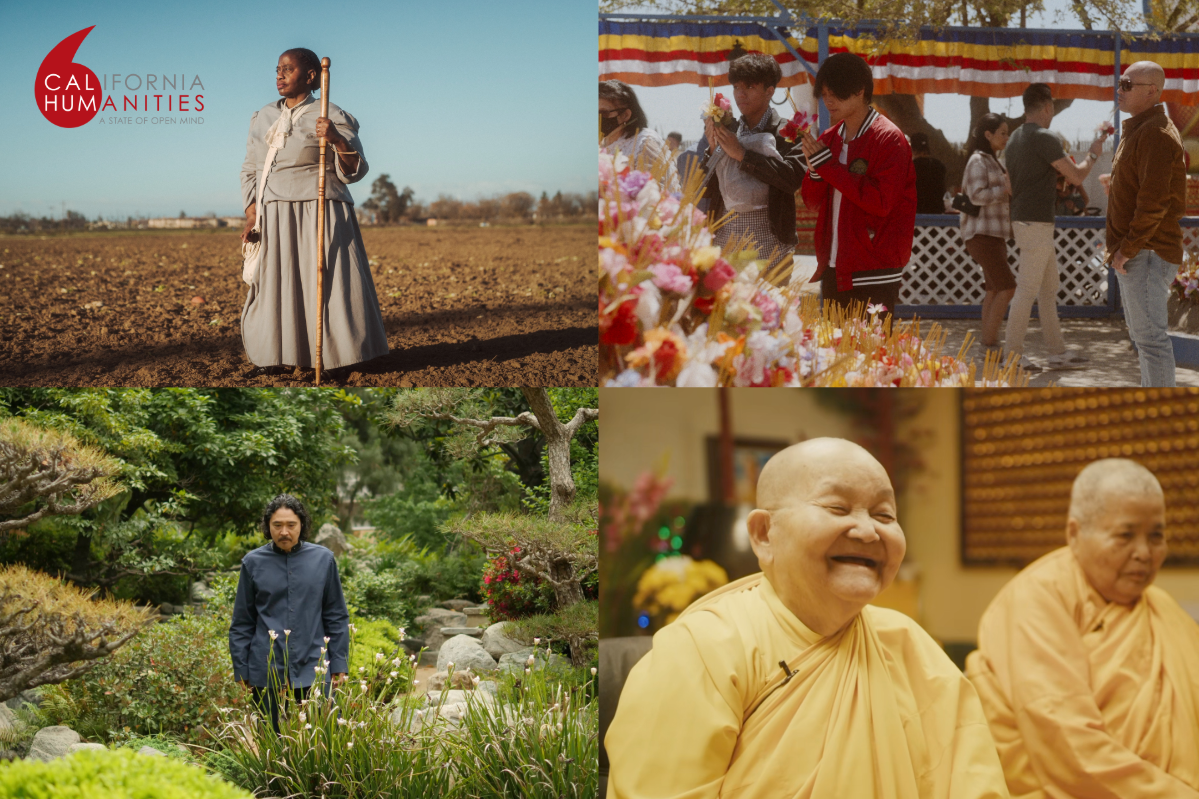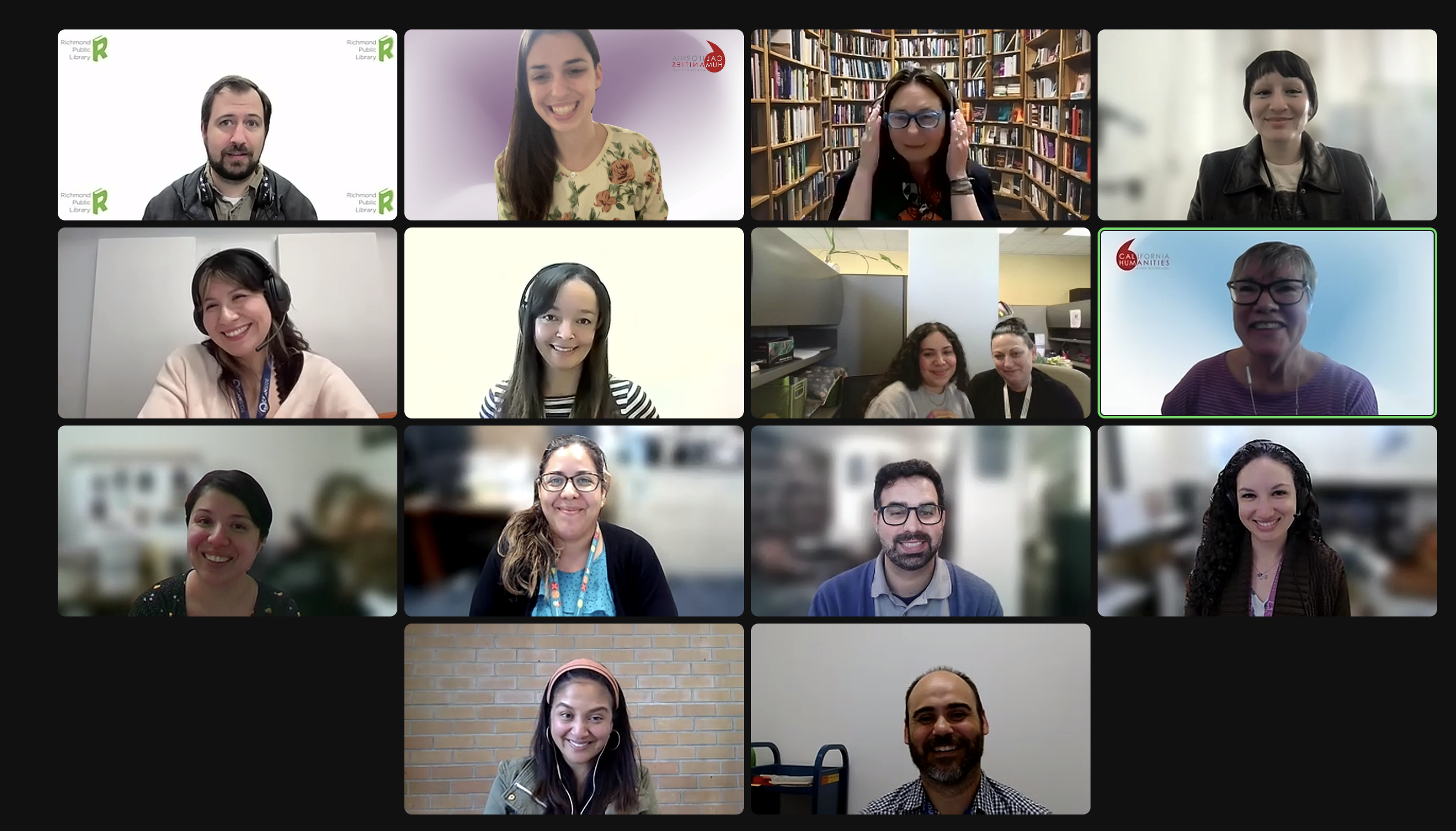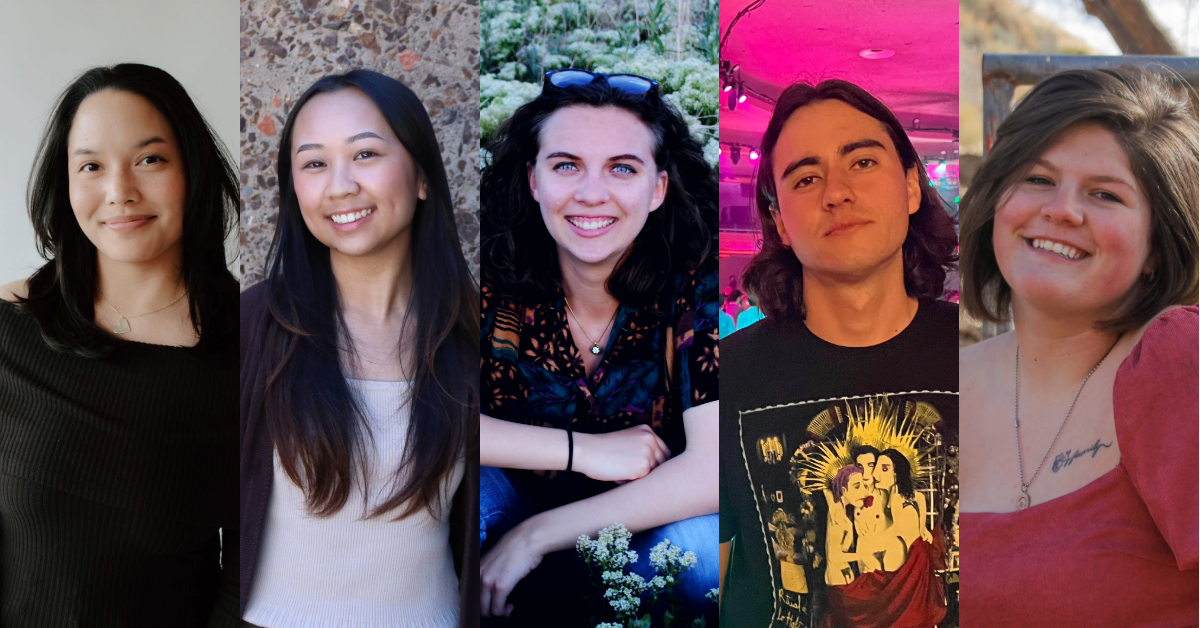You’re sure to find inspiration for your own work in this conversation with the team from The Art of Disability Culture, a project supported by a Humanities for All Quick Grant, as they share insights from this exhibit and public program series. Learn how public humanities programs can engage people of all abilities through innovative and inclusive approaches to programming, outreach, and partnerships. All of us want to increase the reach of our programs and strengthen our connections with our communities. In this Tools of the Trade session, a group of recent California Humanities grantees share how effective outreach and engagement strategies are enabling them to attract new participants and audiences as well as deepen their ties with established constituents.
Participants
Karen Kienzle is Director of the Palo Alto Art Center, where she oversees exhibition, classes, and public programs for more than 150,000 community members annually. She is also a lecturer in museum studies at San Francisco State University, a peer reviewer for both the Institute of Museum and Library Services and the American Alliance of Museum’s Museum Assessment Program.
Fran Osborne is an independent curator and design consultant with expertise in the creation of accessible exhibitions and spaces. In the Bay Area, she curated the exhibits “Changemakers: Bay Area Disability Pride” at San Mateo and San Francisco Public Libraries, as well as “DIS/PLAY: a disability take-over” at SOMArts in San Francisco, and “Patient No More” in Berkeley and San Francisco, about a historic disability civil rights sit-in and victory in 1977.
Eimear Picardo is currently the Marketing Coordinator at the Palo Alto Art Center. She has played a central role in developing and implementing strategies to increase accessibility at the Art Center, including in exhibition design, content creation, social media, and events. Eimear is also an experienced journalist and editor who worked for many years for The Irish Times in Dublin.
Maia Scott teaches accessible arts for City College of San Francisco, acts as an Adult Program Coordinator for the Lighthouse for the Blind and Visually Impaired and is a Certified Labyrinth Facilitator. Maia’s piece “Squared” hangs in the SF Main Library Braille & Talking Book Center. Her guidebook for a tactile labyrinth collection, “Finger Walks”, was produced by American Printing House for the Blind. Her art was also featured in the Palo Alto exhibit.
Moderated by Dr. Kenya-Davis Hayes, professor of US History at California Baptist University, where she teaches a variety of subjects, including U.S., women’s, and African American history. Kenya is currently working on a book about the history of African American women in film during the Civil Rights era. From 2007-2014 she served as a California Humanities board member.
Recorded April 14, 2022.
See our list of Tips & Resources for Increasing Accessibility.
About Tools of the Trade:
To support the public humanities field and promote its recovery from the impacts of the COVID-19 pandemic, California Humanities organized and delivered a series of free online learning sessions in 2020-2022. Aiming to build and rebuild the capacity of individuals and organizations to provide relevant, responsive, and engaging humanities programs, Tools of the Trade enabled California Humanities’ grantees and partners to share their innovative and creative work with other humanities practitioners.
Tools of the Trade is made possible by the National Endowment for the Humanities (NEH) as part of the American Rescue Plan (ARP) and the NEH Sustaining the Humanities through the American Rescue Plan (SHARP) initiative.




